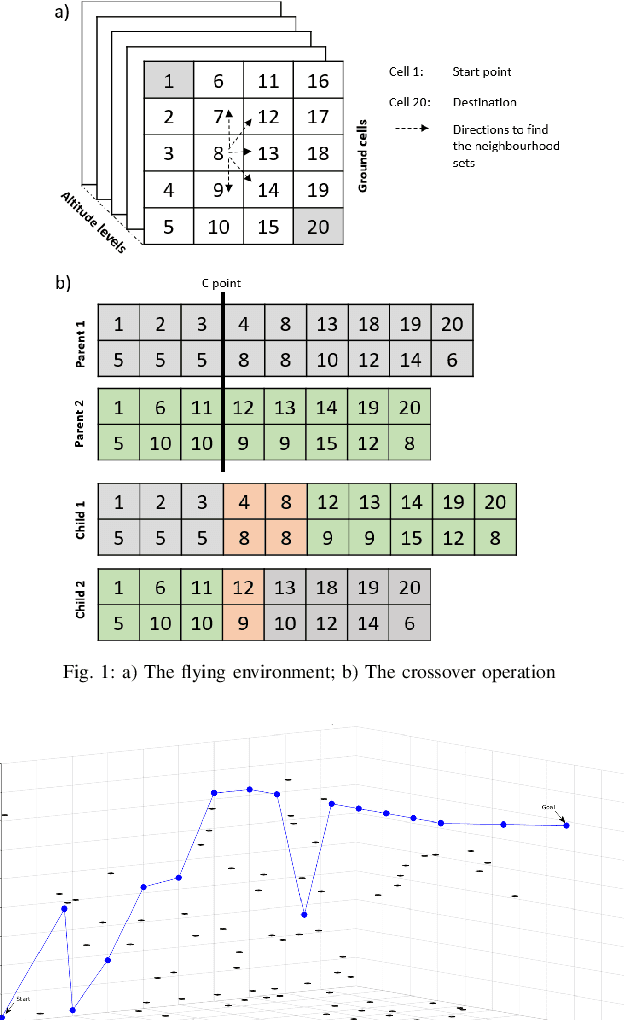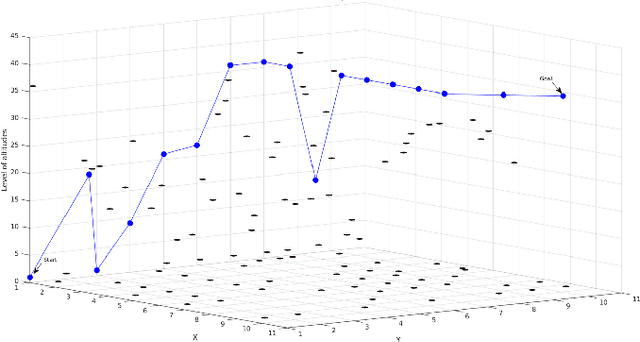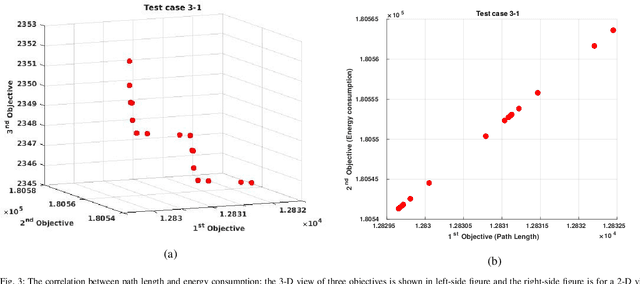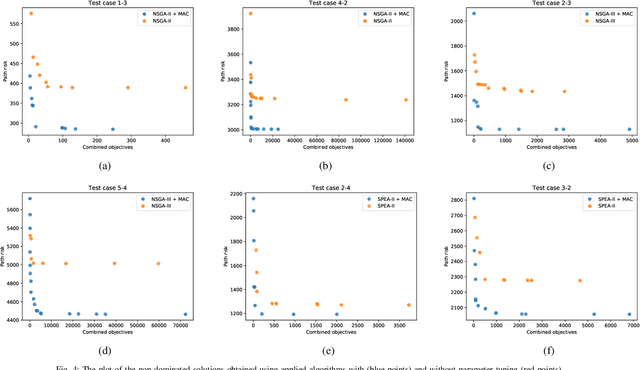Mahmoud Golabi
Dynamic Detection of Relevant Objectives and Adaptation to Preference Drifts in Interactive Evolutionary Multi-Objective Optimization
Nov 07, 2024



Abstract:Evolutionary Multi-Objective Optimization Algorithms (EMOAs) are widely employed to tackle problems with multiple conflicting objectives. Recent research indicates that not all objectives are equally important to the decision-maker (DM). In the context of interactive EMOAs, preference information elicited from the DM during the optimization process can be leveraged to identify and discard irrelevant objectives, a crucial step when objective evaluations are computationally expensive. However, much of the existing literature fails to account for the dynamic nature of DM preferences, which can evolve throughout the decision-making process and affect the relevance of objectives. This study addresses this limitation by simulating dynamic shifts in DM preferences within a ranking-based interactive algorithm. Additionally, we propose methods to discard outdated or conflicting preferences when such shifts occur. Building on prior research, we also introduce a mechanism to safeguard relevant objectives that may become trapped in local or global optima due to the diminished correlation with the DM-provided rankings. Our experimental results demonstrate that the proposed methods effectively manage evolving preferences and significantly enhance the quality and desirability of the solutions produced by the algorithm.
Bypassing or flying above the obstacles? A novel multi-objective UAV path planning problem
Apr 12, 2020



Abstract:This study proposes a novel multi-objective integer programming model for a collision-free discrete drone path planning problem. Considering the possibility of bypassing obstacles or flying above them, this study aims to minimize the path length, energy consumption, and maximum path risk simultaneously. The static environment is represented as 3D grid cells. Due to the NP-hardness nature of the problem, several state-of-theart evolutionary multi-objective optimization (EMO) algorithms with customized crossover and mutation operators are applied to find a set of non-dominated solutions. The results show the effectiveness of applied algorithms in solving several generated test cases.
 Add to Chrome
Add to Chrome Add to Firefox
Add to Firefox Add to Edge
Add to Edge